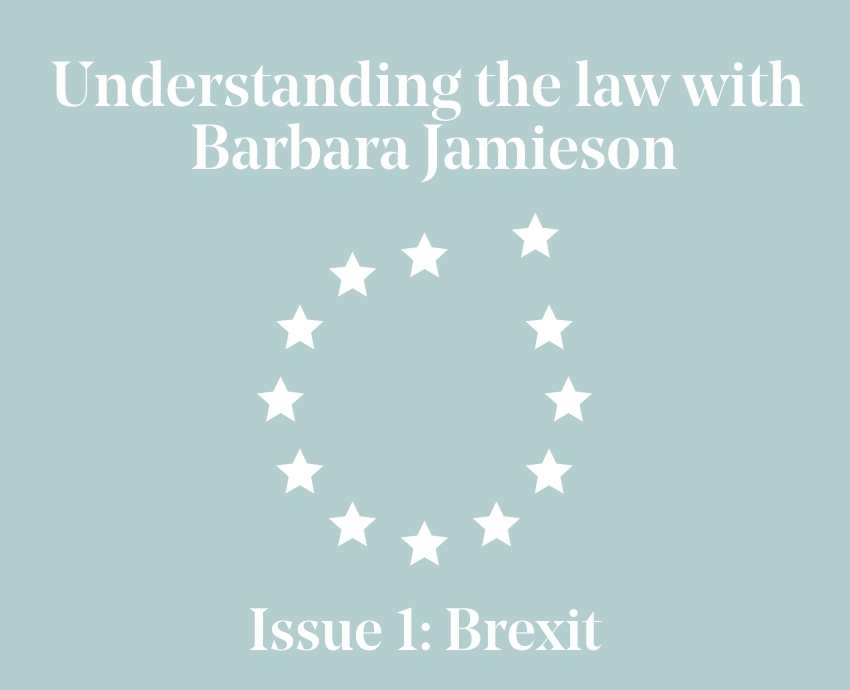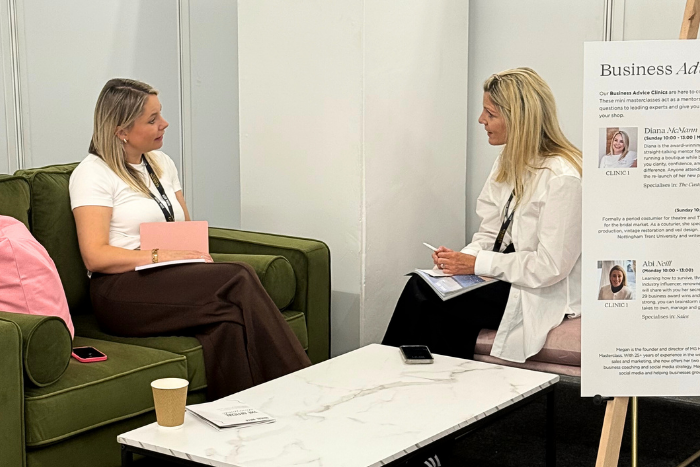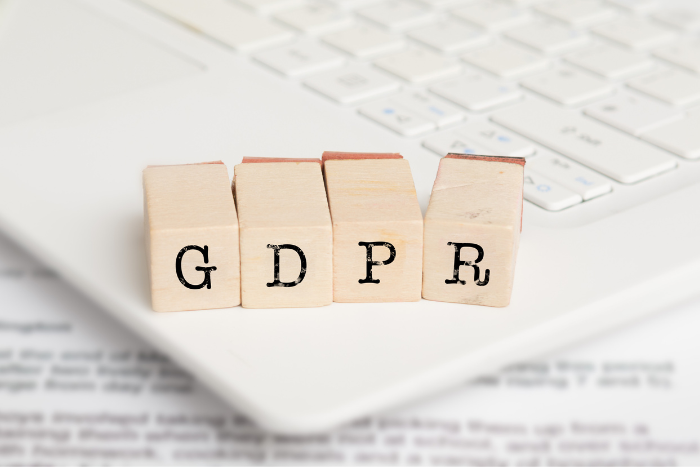Brexit for bridal boutiques
Bridal Buyer’s new legal contributor explains the top ten Brexit laws that will impact bridal boutiques and how to get on top of them.
Well, what a year it’s been. Between Covid and Brexit, the retail sector (and, in particular, the wedding sector) has been hit significantly. Talk about “will they, won’t they” becoming “can they, can’t they” when it comes to weddings in 2021.
There are very few things that we can actually control right now; we’re all very familiar with that.
However, what we can control, is how we respond to each of these challenges. In other words, how prepared we are. That’s where we come in.
My name is Babs, and I run law firm Jamieson Law. We’re a law firm with a difference. We focus on helping small businesses and start-ups navigate their way through the treacherous legal waters. With simple language, fixed fees and a helpful ear at the other end of the phone. I also happen to be getting married this year (we’ll see how that one works out).
As I’m sure you can imagine, we have been overwhelmed with Brexit queries for the past few months. At the end of last year, it was – what do we do if there’s no deal? Now it’s a case of – we have a deal, but what does it actually mean? Everyone is puzzled, and I’m not surprised. It’s hardly straightforward.
You as wedding suppliers will, I imagine in many scenarios, be reliant on EU companies for the goods that you sell.
So, what are the key things that you should be doing to make sure your business is “Brexit ready”?
Importing from the EU
This section applies to you if you are importing dresses, shoes etc from EU businesses. There are a few steps you need to follow:
1. You need to decide between you and your EU supplier who the ‘importer of record’ is (i.e. the person responsible for clearing the goods through the UK border). In most cases, it will be you as the importer.
2. Your business needs an EORI number (something I always struggle to say!). Most of you will be VAT registered, so you should already have one. If you don’t, you can get one here.
3. The goods that cross the border will be subject to import VAT, charged by the UK government. You can either pay this VAT at customs (when the goods cross the border) or you can defer it and declare it on your quarterly VAT return (this only applies if you are VAT registered).
4. If you are not VAT registered, you’ll need to pay the VAT when your goods cross the border.
5. This does not apply to goods that are less than £135. For those goods, you’ll have paid the VAT at the time you paid your EU supplier.
6. You also have to complete customs declarations for when the goods arrive in the UK. You can do this in one of two ways:
a. Purchase customs declarations software, get training on the process, get authorised by the UK government to submit declarations and apply for a ‘CHIEFS’ badge (access to HMRC’s import registration system); OR
b. Appoint a customs intermediary to submit the declarations for you. These are normally customs brokers, freight forwarders or fast parcel operators.
It is up to you which option you choose. Personally, I’d always rather outsource to the experts, but this will of course depend on your budget. You may also really enjoy filing customs forms!
If you do want to run this process yourself, you can find information on the software you need, here.
7. Please remember that the UK government is giving you until 1 July 2021 to delay doing customs declarations for goods you are importing now. This is to give you some time to get up to speed. If you do this, please keep accurate records of what you’re importing – otherwise there could be issues by the time we get to July.
8. Your exporter should confirm the origin of the goods, before they are sent to you. The origin should be noted on the invoice, so that it is visible when passing through customs. Why is this important? Well, this is really what determines whether you pay customs tariffs or not (and what is leading to a lot of the confusion!) Here are the scenarios we’re dealing with:
a. If goods originate from the UK or the EU, there will be no tariffs when they cross the UK border
b. If goods originate from outside the UK or the EU, there will be tariffs when they cross the UK border
c. “Origin” doesn’t just refer to geography. It can mean where value was added to the goods. For example, if you have a French supplier who imported fabric from China and diamantes from the US and created a dress with those materials in France, the dress would likely have originated in France
9. Where you do have to pay tariffs (i.e. where your goods originate outside the EU or the UK), you should consider setting up a duty deferment account. This means that you pay the tariffs at the end of each month, by direct debit, rather than paying it every time the goods cross the border. Less admin, less stress – that’s always a plus!
10. If your goods are sent by post instead of traditional importing on a ferry or through the Eurostar, Royal Mail (or another carrier) may require you to pay VAT and customs duties before they deliver the goods to you.
Why is this important?
Getting this process right is imperative to you getting your goods into the UK. Otherwise, we’re talking surprise customs tariffs, issues with VAT and HMRC, and potentially delay in getting your goods to your brides. Not what you want.
This is a significant upheaval for UK businesses, and I understand it’s daunting right now. Over time, however, this process will become much the same as importing from a country like the US (as I’m sure many of you do right now).
At Jamieson Law, we pride ourselves on helping small businesses understand their legal obligations, and trying to make everything that bit less daunting.
If you feel like you could benefit from some one-to-one advice on Brexit, or any other legal matter, please take advantage of our free 15-minute legal advice calls. These are not sales calls; just our way of giving back to the business community. You can book a slot here.











